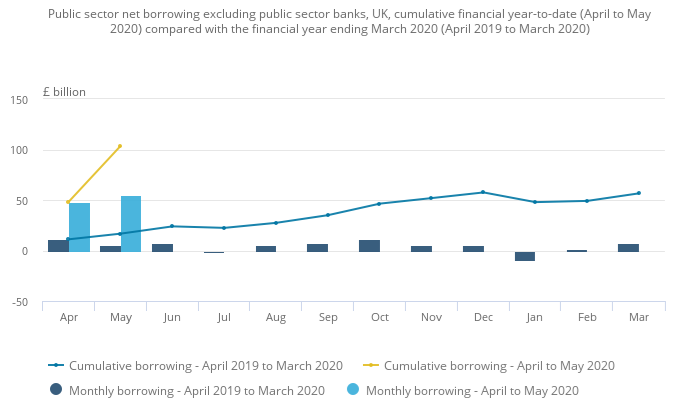Some online retailers are breaching refund and return rules set out in UK consumer law according to Which?.
The consumer champion said that of the retailers it checked, 95 don’t offer refunds on sale items, 74 don’t give customers the minimum length of time to return orders, 36 do not adhere to rules on returning faulty goods, 17 don’t offer refunds at all and 16 charge fees for making returns.
In addition, 36 retailers had incorrect or misleading policies for dealing with faulty goods.
Which? found all of the retailers through buy-now-pay-later (BNPL) providers, which are currently unregulated, although these online stores also accept other forms of payment, including credit cards and bank deposits.
Depending on the form of payment that a shopper chose, they could be left out of pocket if the item turned out to be faulty or they simply changed their mind.
Which? said it’s writing to all of the companies it spot checked to ask them to change their policies in line with UK consumer law.
What it means for you…
The Which? research is a good reminder to always check the reviews of the retailer if it’s lesser known and understand what payment protections are in place for your chosen method of payment.
Under Consumer Contracts Regulations, you have at least 14 days after receiving your order to tell the retailer that you’ve changed your mind. You then have a further 14 days in which to send any items back.
You shouldn’t have to pay for the return and you should also get the original shipping costs back as part of your refund.
This applies to items that were discounted or in a sale as well.
There are some exceptions though, such as if the item is perishable, is tailor-made or personalised or for hygiene reasons.
As for faulty items, under the Consumer Rights Act, you have 30 days to reject faulty items. After that, you may still be entitled to a repair or replacement.
When it comes to payment protection, credit cards offer the most robust protection – this is under Section 75 of the Consumer Credit Act.
The protection applies to expenditures between £100 and £30,000 and you can claim when there has been a breach or misrepresentation of the product or service by the seller. Your credit card provider will expect you to have contacted the seller first, though.
From experience, it can still take a while to get your money back and the burden of proof is on you.
Other forms of payment, such as PayPal or BNPL schemes, may also have their own payment protection but these aren’t enshrined in law.




